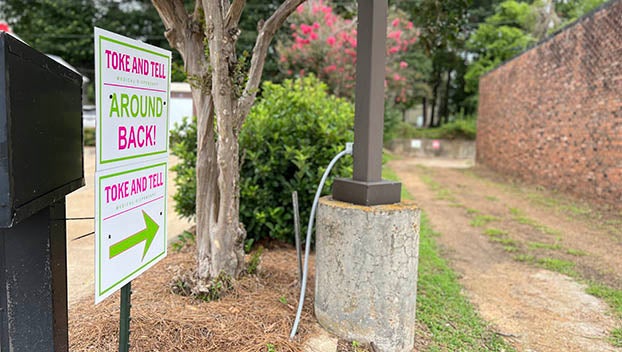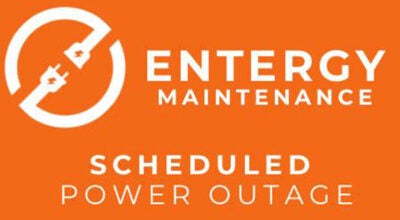Physician Kenneth Stubbs urges vaccination
Published 5:46 pm Thursday, July 22, 2021
|
Getting your Trinity Audio player ready...
|
NATCHEZ — The rise in COVID-19 cases with the onslaught of the Delta variant is being felt locally, said Natchez physician Dr. Kenneth Stubbs.
Stubbs is an internal medicine specialist and a partner at Internal Medicine Associates.
“We’ve had 40 people or so diagnosed in the last week and a half,” he said. “Children as young as five and adolescents. The vast majority have not been vaccinated. … Hospitalization has been increasing and they’re unvaccinated. … We’re definitely in another wave. … I don’t know if it’s because of July 4 gatherings or more people being out in the open without masks. The more people mingle, the more it spreads. That’s what infectious diseases do.”
Stubbs said the majority, but not all, new patients that have been diagnosed with COVID-19 have been unvaccinated. Vaccinated patients who have come down with COVID — referred to as “breakthrough cases” — are few in comparison and have a less severe reaction to the virus, Stubbs said.
“To my knowledge, we’ve had no fully vaccinated people admitted to Merit Natchez. It’s clear that the vaccines work,” Stubbs said. “Everyone hospitalized has been unvaccinated.”
Stubbs said only patients who meet certain criteria can be treated with the monoclonal antibodies, a treatment which State Health Officer Thomas Dobbs said has reduced hospitalizations by 75 to 89 percent.
“It is recommended for people who aren’t very sick,” Stubbs said of the treatment. He said it has only been prescribed to patients who are older than 65 or have co-morbidities — health conditions that would make them a high-risk patient for a severe COVID infection — less than 10 days from the onset of symptoms.
“They cannot be so sick that they are already hospitalized,” he said.
The few who met these criteria have had success with the treatment, Stubbs said.
The patient being treated is admitted to the hospital for treatment, is observed for a couple of hours and can return home the same day, he said.
“The patients I’ve used it on, they all seem to get better with no serious side effects,” he said.
Monoclonal antibodies are artificial antibodies manufactured in a lab that mimic the body’s natural immune response, Stubbs said. Like COVID vaccines, the treatment has received Emergency Use Authorization from the Food and Drug Administration after its success in a clinical trial.
An earlier similar treatment was withdrawn in February because it was not effective against the Delta variant, Stubbs said.
However, the first line of defense against COVID should be getting vaccinated, especially for those who are older or have underlying health conditions, he said.
“The data is extremely strong that (vaccination) does prevent disease and reduces the severity of illness if you do happen to get it,” Stubbs said. “Does it prevent COVID 100 percent? Of course not. No one ever said it did. … I can’t tell you what the side effects will be in four to five years, but I can tell you what the side effects of COVID are. … The risk of dying from COVID is worse. … If you have not been vaccinated, you should — for the sake of your fellow man — wear a mask when you go indoors for any length of time. Masks do cut down the spread of your breath and reduce the risk of you spreading the disease.”






